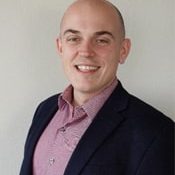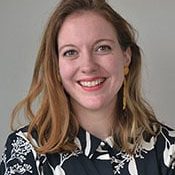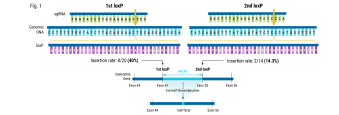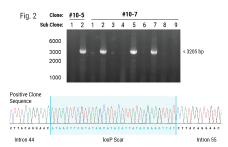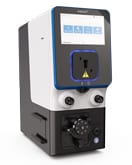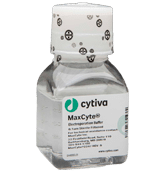Presentation: Scalable Electroporation of Adult Keratinocytes with Multiplexed CRISPR
This presentation was given during the ISCT – International Society for Cell & Gene Therapy May, 2022.
Abstract:
In the past, engineered keratinocyte-based cell therapies have been limited by the lack of efficient transfection methods for adult keratinocytes. Here we aimed to develop a GMP-compliant, scalable cell engineering process using the MaxCyte® cell electroporation platform to transfect neonatal and adult primary keratinocytes from four distinct anatomical locations. Delivery of multiple CRISPR RNPs in a single electroporation achieved highly efficient, multiplexed gene editing in a simple, adaptable process.
These improvements in transfection efficiency and cell viability reduced keratinocyte engineering times by up to 4 weeks, with a significantly higher success rate than a standard chemical transfection method.
Lastly, we demonstrate the scalability of the MaxCyte electroporation process, enabling the engineering of millions of primary keratinocytes without any loss of efficacy.
Download Presentation
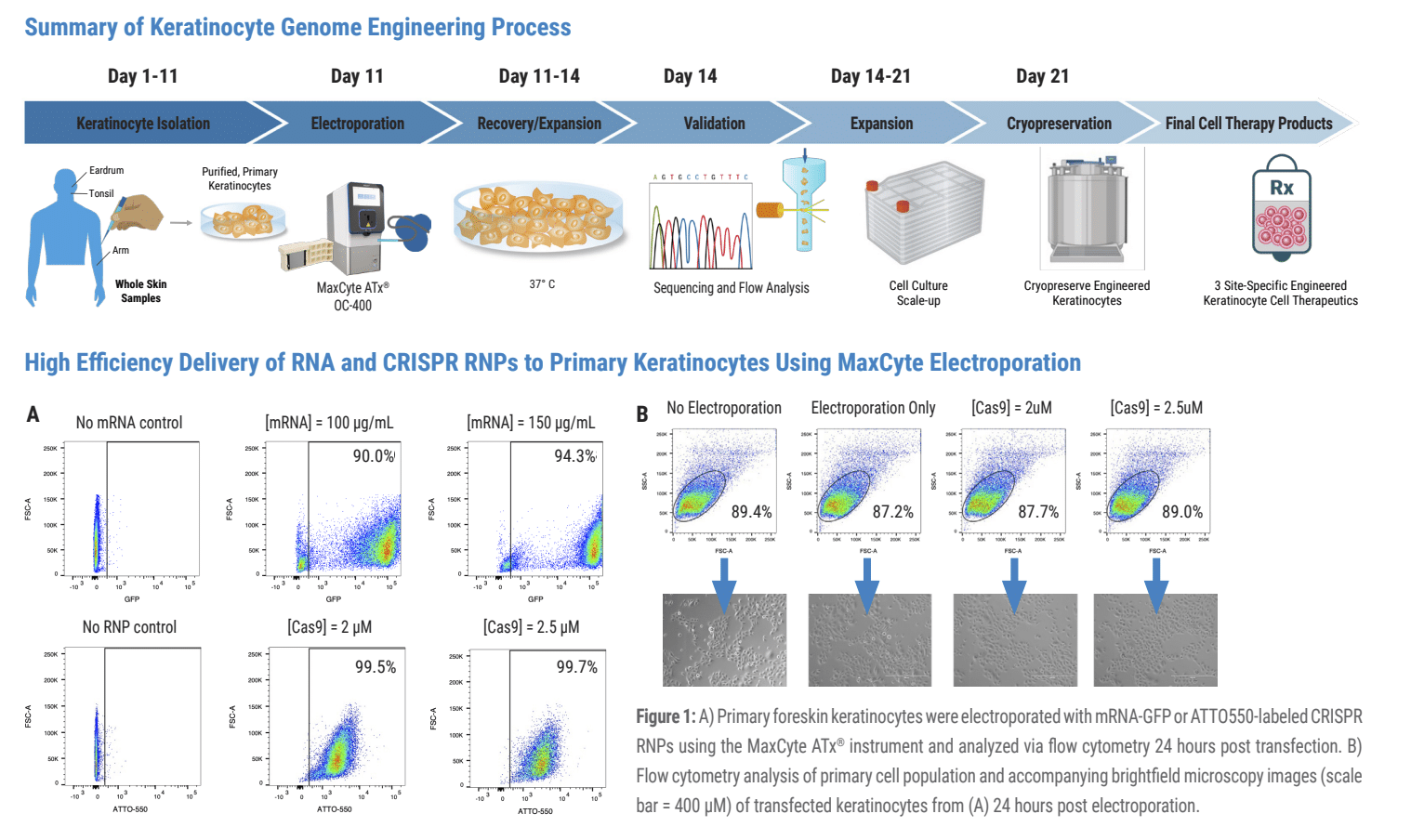
Watch Presentation
Presenters
